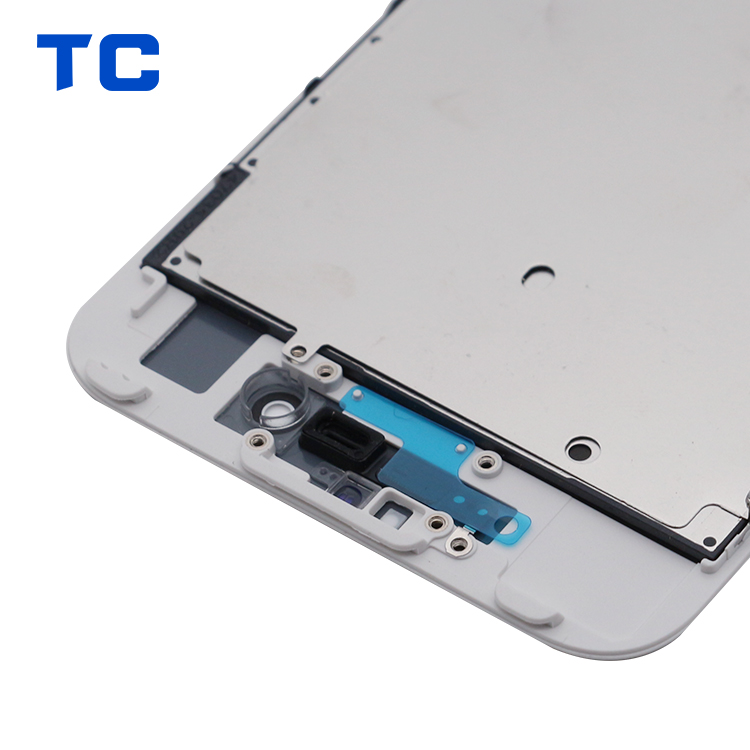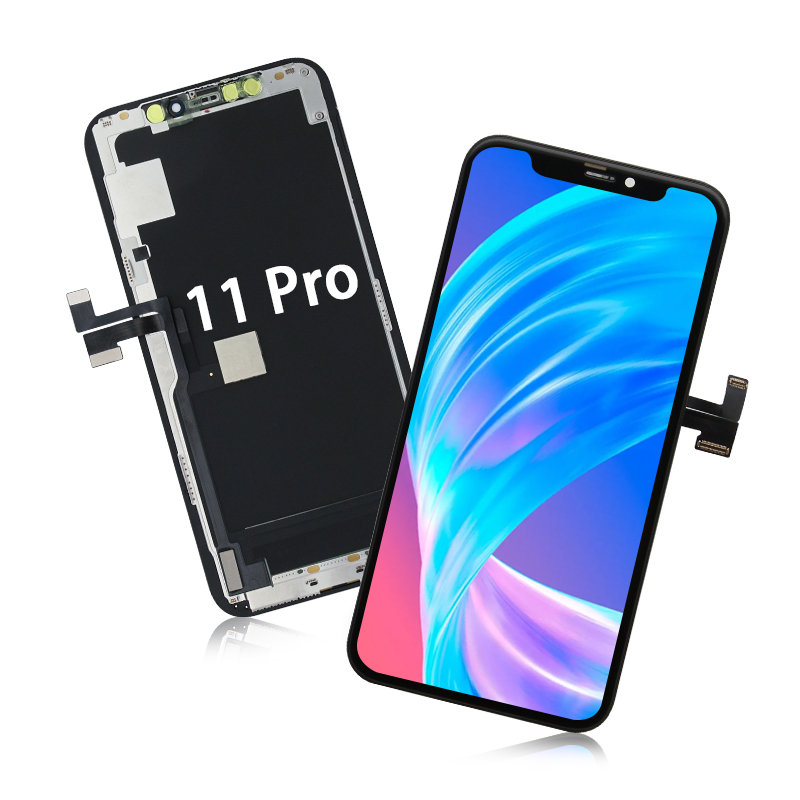Your iPhone's touchscreen is its defining feature. In fact, an iPhone is essentially useless without a working touchscreen, so if it fails to respond to your touch, it's a problem you need to solve — immediately.
The good news, though, is that unless there's a fatal hardware problem that requires a trip to an Apple store to get the entire phone repaired or replaced, you may be able to get it up and running again with a few simple fixes. Touch Screen iPhone 6s

Quick tip: If your iPad touch screen isn't working either, there are several other ways to troubleshoot the issue.
If your iPhone's touchscreen is not working, try each of these troubleshooting tips. Hopefully, one of these will get you up and running. If not, it's likely you have a hardware problem that may only be fixable by contacting Apple customer service to repair or replace your phone.
If your iPhone has gone completely haywire, the first thing you should do is restart it — turn it off completely, wait a minute or two, and then turn it on again. Restarting an iPhone can wipe out temporary glitches in memory, which can restore, for example, an unresponsive screen.
Of course, if the touchscreen is not working, you can't shut down the phone in the usual way using the Settings menu; you'll need to force the phone to restart by pressing some combination of power and volume buttons.
The iPhone uses a capacitive touchscreen that senses your fingertips using electrical conductance. That means various things can interfere with the way your screen works — dirt and grime can affect it, but a much larger problem is moisture and liquid. If the screen is wet or even just damp, dry it thoroughly and try again.
It's also worth noting that you can't use the touchscreen if your fingers are covered with most kinds of gloves or mittens. If you're wearing something, take it off. That said, there are specialized gloves with capacitive fingertips which let you use an iPhone outdoors in very cold weather.
The Whoosh! Cleaning kit is an inexpensive solution to keeping your iPhone screen clean and working properly. We chose it as one of the best iPhone accessories you can buy.
On rare occasions, an accessory plugged into the phone's Lightning port could interfere with the touchscreen. If anything is plugged into the port — including a power bank or charger — unplug it. If that solves your problem, the accessory or cable might be incompatible with the iPhone.
The iPhone's touchscreen may seem robust enough to work virtually flawless all the time, but it only works properly in a surprisingly narrow set of conditions. For example, the touchscreen can stop working if you apply a screen protector that's too thick, making it impossible for the screen to sense the electrical capacitance in your fingers.
If the touchscreen isn't working — or is working intermittently — remove anything on or around the screen, including the phone case and any screen protector that's keeping the screen from getting scratched. If it works after removing those accessories, get a different case and/or look for a thinner screen protector.
Even if your screen still isn't working, you can update your iPhone by connecting it to your computer and using Recovery Mode:
1. Connect your iPhone to your computer and start iTunes. If you're on a Mac running MacOS 10.15 or higher, start Finder instead.
2. If you have an iPhone 8 or later, quickly press these buttons, one after the other: Volume Up, Volume Down, and the Side button. For an iPhone 7, press the Volume Down and Side buttons simultaneously. For older models, simultaneously press and hold the Home and Side buttons.
3. Once the Recovery Mode screen (which shows a cord and laptop on a black background) appears on your phone, release the button(s).
If your iPhone has recently stopped responding to your touch and nothing else so far has worked, it's possible there's a serious hardware issue and the phone needs to be repaired or replaced.
Before you investigate that drastic option, you might want to perform a factory reset. This will reset the phone back to the state it was in when you first took it out of the box — it'll wipe out all software updates, installed apps, and your personal data. That's not a problem if you have your phone set to perform regular cloud backups, but beware that this could result in the permanent loss of any data since the last backup.
Without the ability to use the iPhone's touchscreen, you'll need to start the factory reset on a computer:
1. Connect your iPhone to your computer.
2. Start iTunes (if you are on a Mac running MacOS 10.15 or higher, start Finder instead).
3. If you have an iPhone 8 or later, quickly press these buttons, one after the other: Volume Up, Volume Down, and the Side button. For an iPhone 7, press the Volume Down and Side buttons simultaneously. For older models, simultaneously press and hold the Home and Side buttons.
4. On a Mac, you should see the option to restore or update your iPhone. Click Restore and follow the directions to perform a factory reset. On a PC, click the Device button in the top left of iTunes. Then select Summary, then Restore, and follow the onscreen instructions.
If you still have no luck getting the touchscreen to respond, it's almost certain that you have a hardware problem with your iPhone and it needs professional help. Contact Apple's customer support to see if it is eligible for repair or replacement.

iPhone 6 Plus Screen Problems We may receive a commission when you buy through our links, but our reporting and recommendations are always independent and objective.